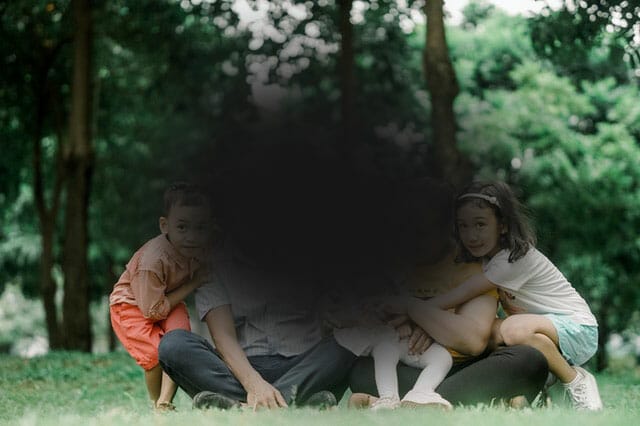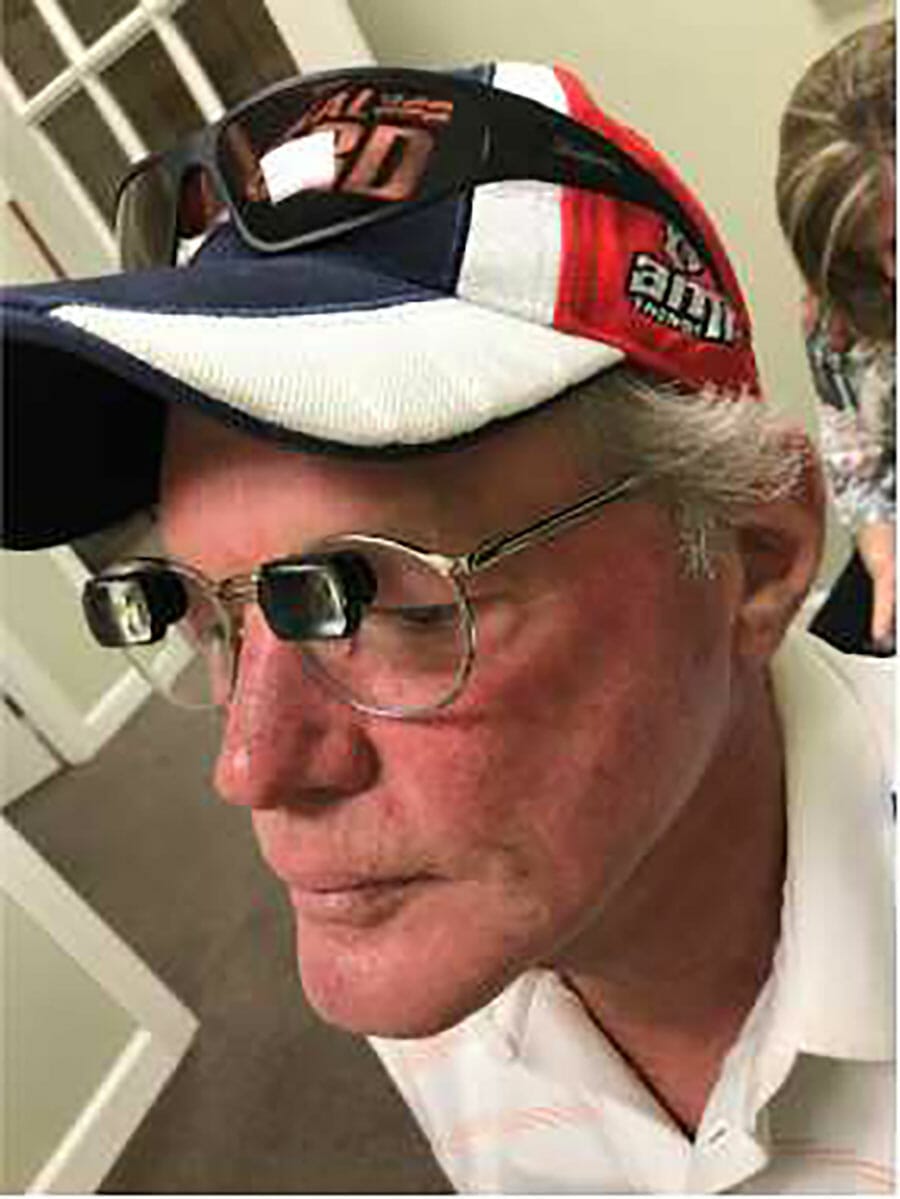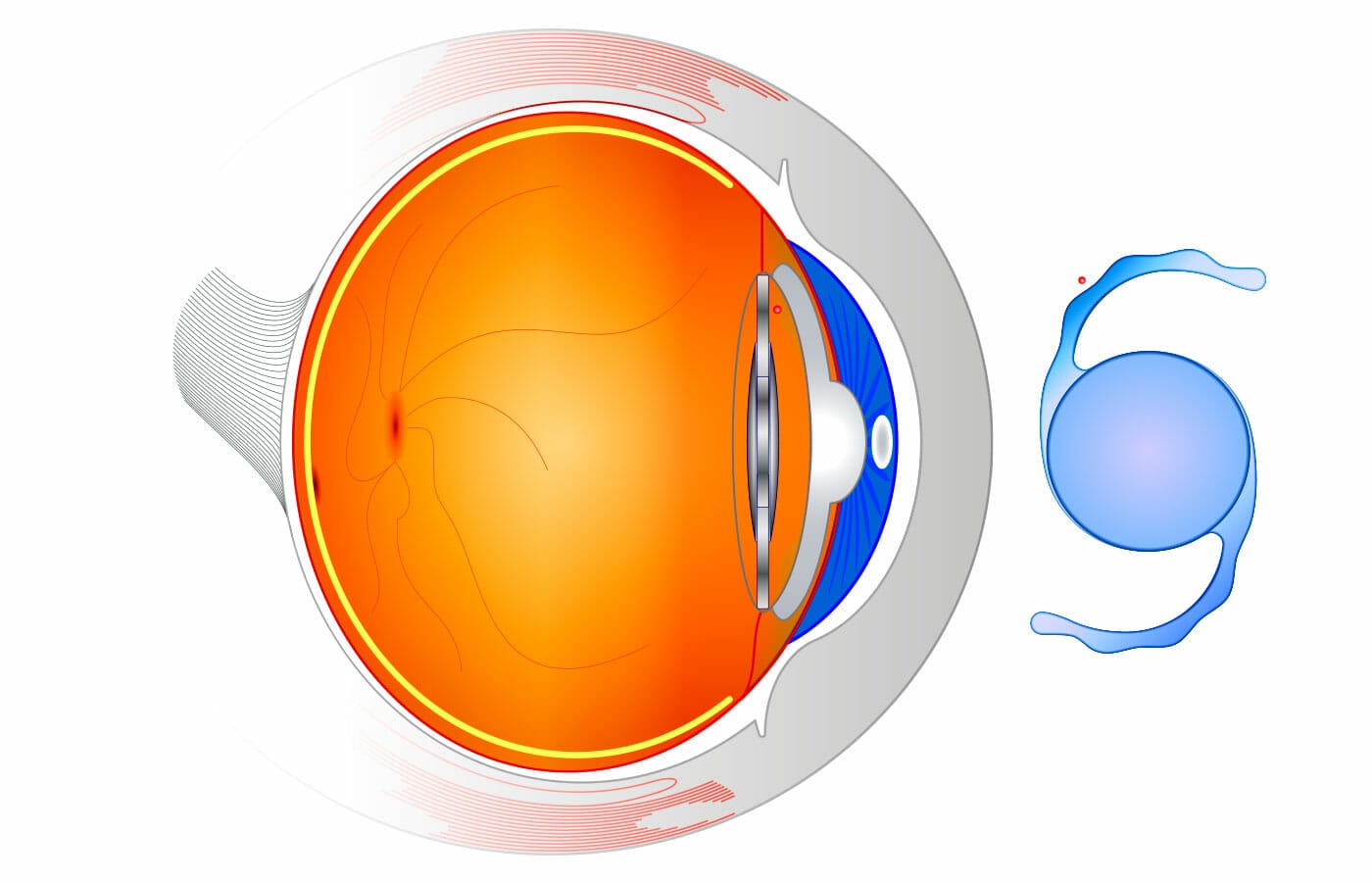Low vision aids for macular degeneration: maximizing your sight
These are devices that can help you to see better if you have reduced vision. Examples include magnifiers, special glasses, and electronic devices. Our low vision optometrist can help you to find the right low vision devices for your needs.
Magnifiers: These devices use lenses to magnify text or other small objects, making them easier to see. Magnifiers can be handheld, lighted, digital, or mounted on a stand.
Special glasses: There are a number of different types of glasses available that can help to improve vision in people with macular degeneration. These may include glasses with special filters or coatings to enhance contrast, or glasses with telescopic or microscopic lenses to magnify objects.
Electronic devices: There are a number of electronic devices available that can help people with vision loss to see better. These may include portable electronic magnifiers, video magnifiers, or electronic reading devices.
Assistive technology refers to technology that is specifically designed to help people with disabilities, including vision loss. Some examples of assistive technology for people with macular degeneration include:
Screen readers: These are software programs that read out loud the text that is displayed on a computer or mobile device screen. This can be helpful for people who have difficulty reading text due to vision loss.
Special software: There are a number of software programs available that can help people with vision loss to use computers and mobile devices more easily. These may include programs that enlarge text or images, or that provide audio feedback. Furthermore there are many wonderful tools available on both apple and android devices for patients with low vision due to macular degeneration.
Adaptive devices: There are a number of devices available that can help people with vision loss to perform specific tasks more easily. These may include special keyboards or pointing devices, or devices that provide audio feedback for tasks such as shopping or cooking.













